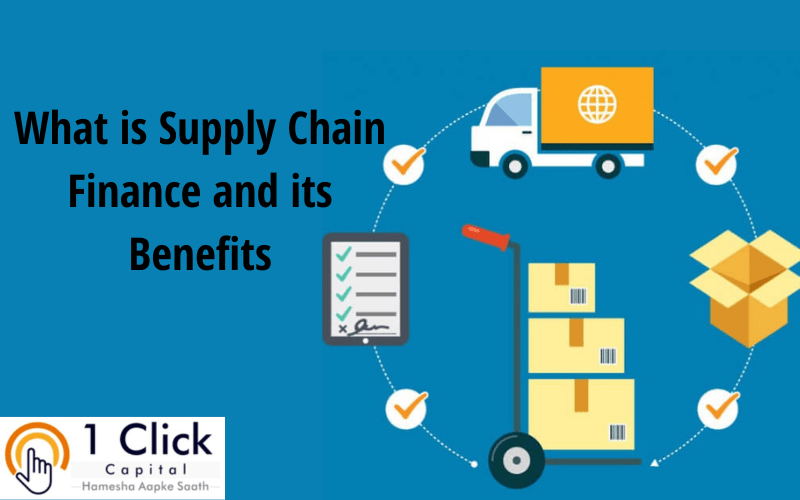Suppliers can benefit from supply chain financing (also known as SCF) & can get paid early on their invoices. Both buyers and suppliers may maximize their working capital thanks to supply chain finance, which lowers the risk of an interruption in the supply chain. Another term for SCF can be reverse factoring
Supply chain finance is established by the buyer rather than the provider, in contrast to conventional receivables finance methods like factoring. The ability of suppliers to access supply chain finance at a funding cost based on the buyer’s credit rating rather than their own is another significant distinction. As a result, suppliers frequently qualify for supply chain financing at a cheaper rate than they would otherwise be able to.
Supply Chain finance is a form of a supplier finance in which suppliers can receive early payments
First, the buyer will sign a contract with a supply chain finance provider, after which it will encourage its suppliers to sign up for the programme. While some supply chain finance programmes are run on a multi-funder basis by technology experts via a dedicated platform, other programmes are run on a single bank or finance provider basis.
Technology-driven solutions now allow businesses to offer supply chain finance to hundreds, thousands, or even tens of thousands of suppliers, whereas buyers have typically concentrated on onboarding their 20 or 50 largest suppliers. This is made feasible by offering user-friendly platforms and efficient supplier onboarding procedures that make it simple to quickly and with little effort onboard large numbers of suppliers.
Once a supply chain finance program is up and running, suppliers can request early payment on their invoices.
Process of supply chain financing
1. Buyer purchases goods or services from the provider.
2. Supplier sends the buyer an invoice; payment is required within a predetermined period of time (e.g., 30 days, 60 days, or 90 days)
3. The customer accepts the invoice for payment.
4. On the invoice, the supplier wants early payment.
5. The buyer pays the funder on the invoice due date.
6. The funder transfers money to the provider after deducting a minor charge.
Let’s look at a hypothetical example of a supply chain finance solution in action.
A buyer places an order with a vendor for products. Typically, the seller would deliver the products to the customer and then send a bill for payment in accordance with the buyer’s payment conditions (let’s say, net 30). The purchaser would then have 30 days to settle their invoice.
However, the supplier can make use of an existing supply chain financing solution if they want their invoices paid more quickly (or if the buyer doesn’t have the cash on hand or would want to keep it to use as working capital). This then involves a third party, the financier or lender, who will pay the invoice right away on the buyer’s behalf and then lengthen the terms of repayment, possibly to 60 days.
It’s a win-win situation since the supplier gets paid right away, giving them extra working capital of their own to use, and the buyer gets to keep their working capital for longer without damaging their relationship with the supplier.
Benefits of supply chain finance
Benefits for buyers:
- Boost working capital. Because many businesses choose to establish supply chain finance programmes in tandem with an effort to unify supplier payment terms, buyers can also benefit from supply chain finance by strengthening their working capital position.
- Boost the health of the supply chain. Buyers can lessen the possibility of a future supply chain interruption that could impact their own operations by providing suppliers with supply chain financing.
- Develop stronger ties with suppliers. By giving suppliers access to affordable financing, buyers can strengthen their bonds with them and possibly gain an advantage in negotiations.
Benefits for vendors:
- Boost working capital. Suppliers can receive payment for their invoices earlier than they otherwise would by using supply chain finance. Their days sales outstanding (DSO) is decreased as a result, which enhances working capital.
- Obtain financing at a cheaper cost. Supply chain financing is a desirable method of acquiring capital since the cost of borrowing is typically lower for suppliers than it is if they use other sources, such as factoring.
- Increase the accuracy of cash forecasts. The timing of incoming payments may become more predictable for suppliers who use supply chain finance, making it simpler for them to precisely predict their future cash flows.




